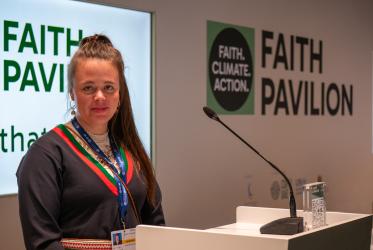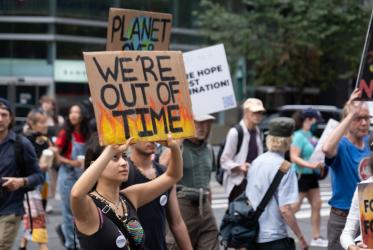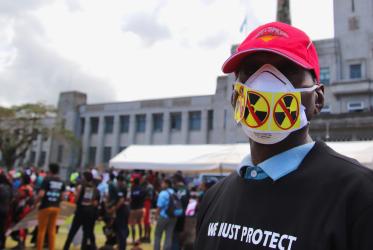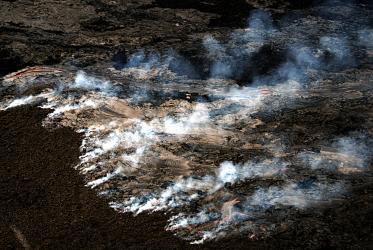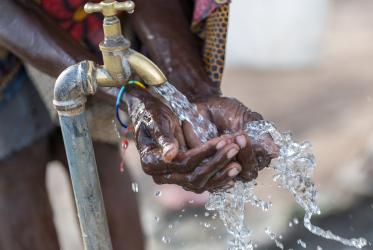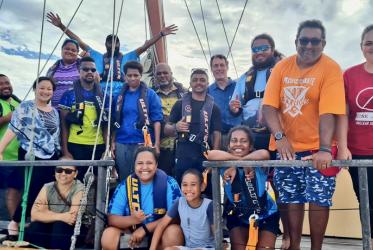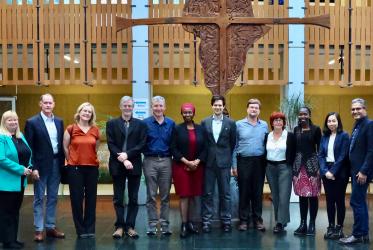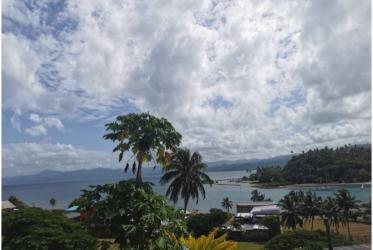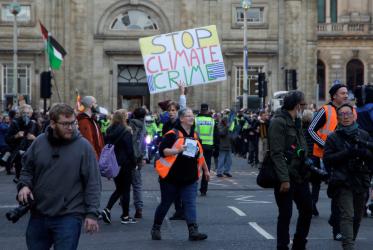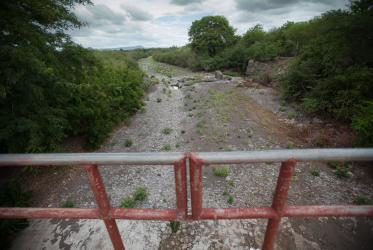Displaying 1 - 20 of 176
WCC among “movers and doers” at UN Climate Ambition Summit
20 September 2023
Churches march in New York City to declare no faith in fossil fuels
18 September 2023
Pacific churches call for Japan to halt wastewater dump
29 August 2023
WCC offers condolences in wake of wildfires in Hawaii
16 August 2023

